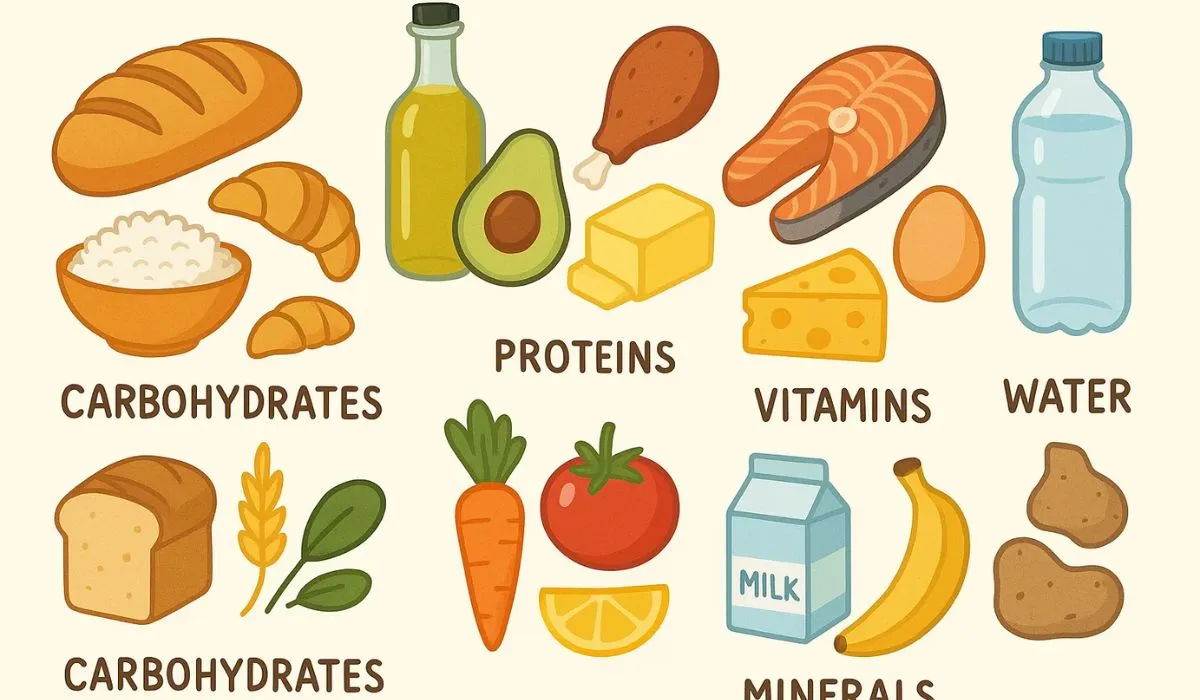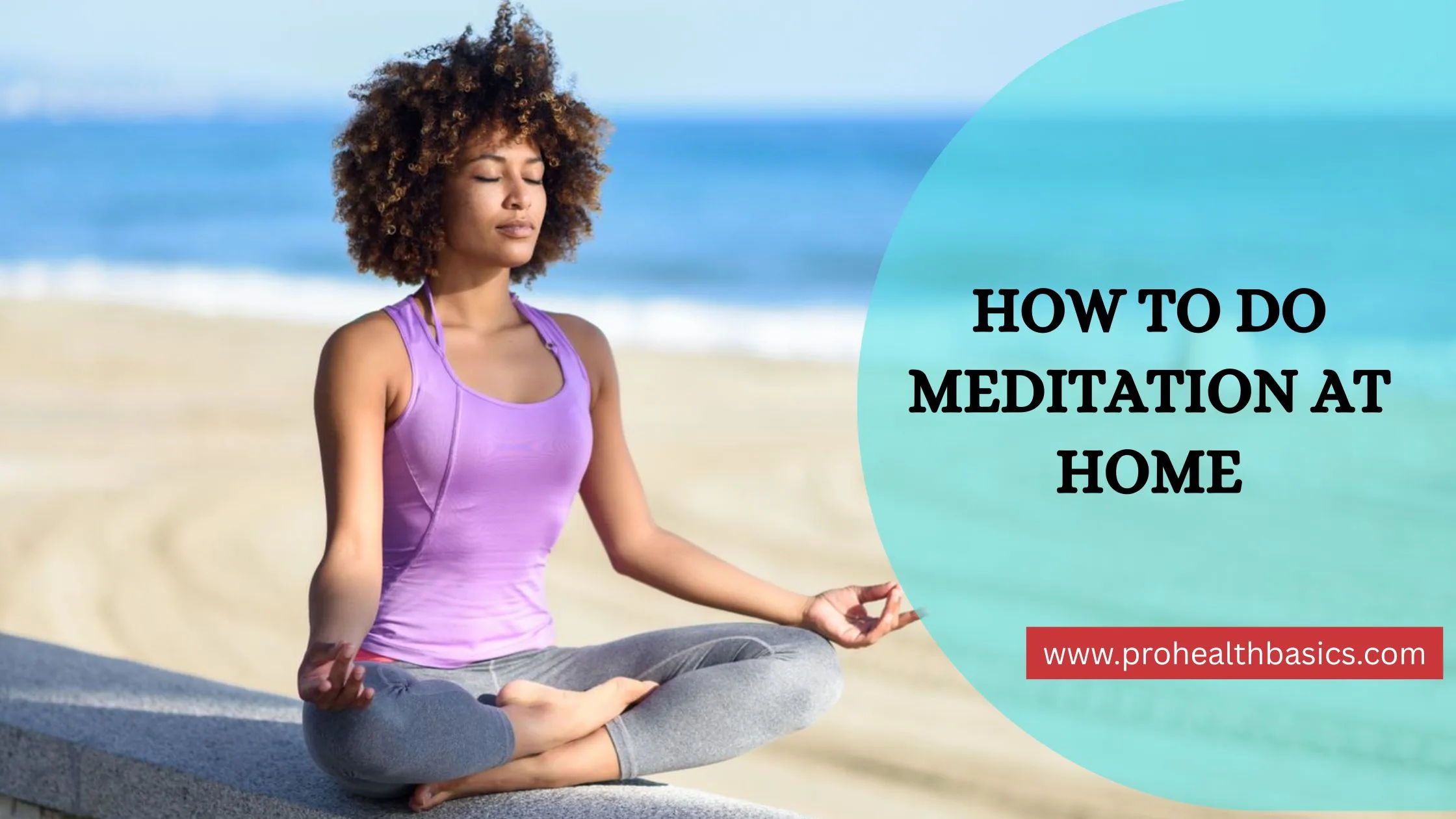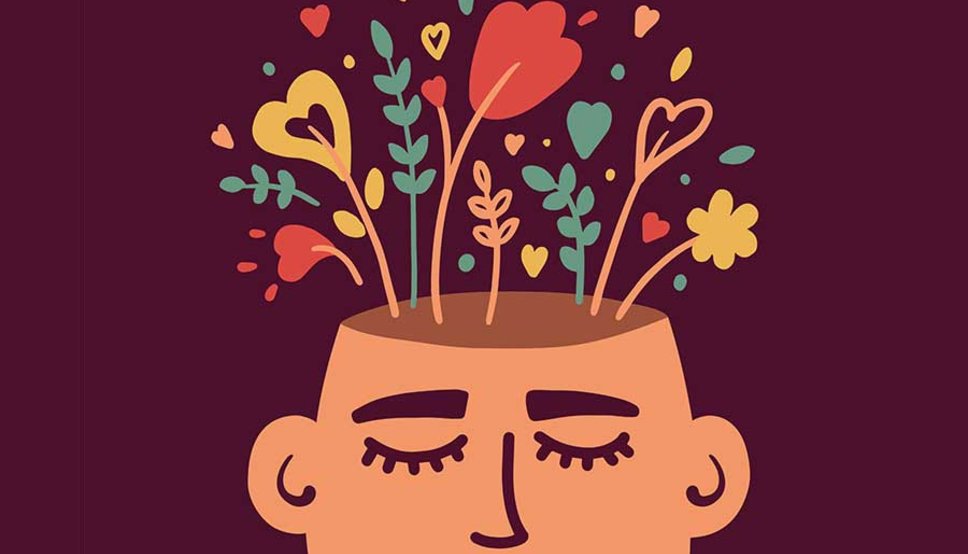Every winter, I write a version of this post. I wrote it last year…and the year before…and the year before. Sometimes, the post comes in November; other times, it’s not until January. But every year, without fail, the winter season starts to impact me negatively. Maybe it’s the fact that the sun sets surpassing I’m finished with my work day. It could be that some years, the holidays are increasingly challenging than usual. Sometimes it’s just the unprepossessed if I’m stuff perfectly honest. Regardless, the wintertime brings well-nigh unique challenges, something that’s worth remembering this time of year.
It took me many years to learn that for me, the winter months unchangingly hit my mental health uneaten hard. It was increasingly difficult to maintain wellness, and harder to alimony a positive vein virtually my mental health journey. I unsupportable that since I had peepers year-round, there’s no reason that it would be worse, right? Wrong. Not that it needs to be said on this blog, but seasonal peepers is real. And it was surprising to learn that during this time of year, some symptoms of peepers were triggered increasingly often than usual.

In researching seasonal depression, I found some interesting statistics that are worth sharing. According to the American Psychiatric Association, about 5 percent of adults in the U.S. wits Season Affective Disorder (SAD), and it typically lasts well-nigh 40 percent of the year. They moreover noted that while SAD may uncork at any age it typically starts when a person is between month 18 and 30.
That might not sound like a large group, but that’s tens of millions of people who wits widow mental health challenges for a large portion of the timetable year. One thing I’ve learned in the many years writing this blog is how our mental health is impacted by the world virtually us. The winter months, and the holiday season in particular, create unique challenges that don’t exist at other times of the year. Whether you wits SAD or finger your mental health issues wilt exacerbated during the winter, both are equally valid and deserve to be treated as such.
Get outside and exercise

Regular exercise is good for your body and mind. Even getting just 15 minutes of moderate exercise a day can boost your energy, help you sleep better and improve your mood. The cold weather doesn’t mean you are stuck inside. Get creative with ways to stay fit during the winter.
Bundle up and go outside to take a walk and get some fresh air and necessary vitamin D. Exercise will reduce stress and help you relax, and spending time in daylight, even in winter, will benefit your mood. If you aren’t able to get outside, there are still many options for at-home workouts. Find online videos to follow along or virtual classes to join. You may even find these types of classes offer a way to connect with others while you enjoy the physical benefits.
Keep up healthy eating and sleep habits

Eating a sound, nutritious eating regimen is a center part of keeping a solid way of life. Eats less high in handled food varieties and refined sugar have been associated with demolishing temperament problems, including despondency. It very well might be trying with that large number of extra occasion food sources and treats, yet center around keeping up with balance - top off on solid organic products, vegetables, and proteins, yet permit yourself a periodic guilty pleasure.
Getting a decent night's rest is comparably crucial. While an excessive amount of sugar can demolish your mind-set, so can too little rest. Absence of rest has been related with an expanded gamble of melancholy and other psychological wellness impacts. What's more, a sound measure of rest can work on your psychological and profound flexibility. In any case, with less sunlight in the cold weather months, our circadian rhythms - the body's regular clock that controls significant capabilities like rest cycles and temperament - can be distracted. To battle this, keep a solid rest schedule.
Have a support system and stay connected

Studies have shown that having serious areas of strength for a framework and keeping up with social collaboration can be extraordinarily gainful in lessening negative psychological wellness side effects. Coronavirus impacted the manner in which we associate and communicate with loved ones and the cold weather months give an exceptional arrangement of difficulties. While it was simpler to mingle securely during the warm weather conditions by remaining separated outside, you can in any case track down ways of associating.
Plan normal video talks with loved ones, connect by telephone or email, or even send a letter via the post office. For some additional tomfoolery, plan virtual random data meetings, film screenings, or different occasions. You could try and need to make a few new virtual associations. Search for online book clubs, vested parties, support gatherings, or different networks to join.
Keep up with your other appointments
Dealing with your psychological wellness incorporates dealing with your general wellbeing. Try not to disregard your actual wellbeing. Stay aware of your ordinary dental visits, essential consideration visits, and some other continuous health arrangements. Many practices are as yet offering telehealth arrangements whenever the situation allows. So you can in any case deal with your actual wellbeing without expecting to go for the dogs!
There are several ways to powerfully treat SAD, as well as the many other widow mental health challenges of winter (which I hope to imbricate in a future blog post), but that’s not what I’d like my main takeaway to be today. Instead, I hope this post serves as a reminder to be kind to ourselves this time of year. We’re up versus a lot, and the stress and frantic pace of this time of year can make us finger like we’re not doing enough. For some people, not doing unbearable equals not being enough, and I want to shut that thinking lanugo as quickly as possible.
As we throne into a rented time of year, I hope you remember to be gentle with yourself. Your mental health matters and for some people, it matters increasingly this time of year. I’d moreover encourage anyone who’s struggling with their mental health to take this time to reach out to someone if they finger comfortable. This is a time of year when people connect, reconnect, and get the endangerment to spend time with people they don’t see as often maybe this is your endangerment to share something you haven’t been worldly-wise to before.
Frequently Asked Questions!
How does winter impact mental health?
The diminished degree of daylight in fall and winter might cause winter-beginning Miserable . This abatement in daylight might upset your body's interior clock and lead to sensations of despondency. Serotonin levels. A drop in serotonin, a cerebrum synthetic (synapse) that influences state of mind, could assume a part in Miserable .
What are the negative effects of winter?
Cold temperatures that keep individuals inside can prompt an absence of activity and can make individuals more defenseless to disorder. Being inside additional prompts stationary propensities which can bring down protection from infectious illnesses, and microbes are all the more handily spread inside when individuals are in closeness to each other.
Why does winter cause anxiety?
For some, the colder time of year season can make an expansion in tension side effects due diminished daylight and colder temperatures. It tends to be hard to adapt to the diminishing in energy and inspiration during this time, prompting sensations of discouragement and uneasiness.







